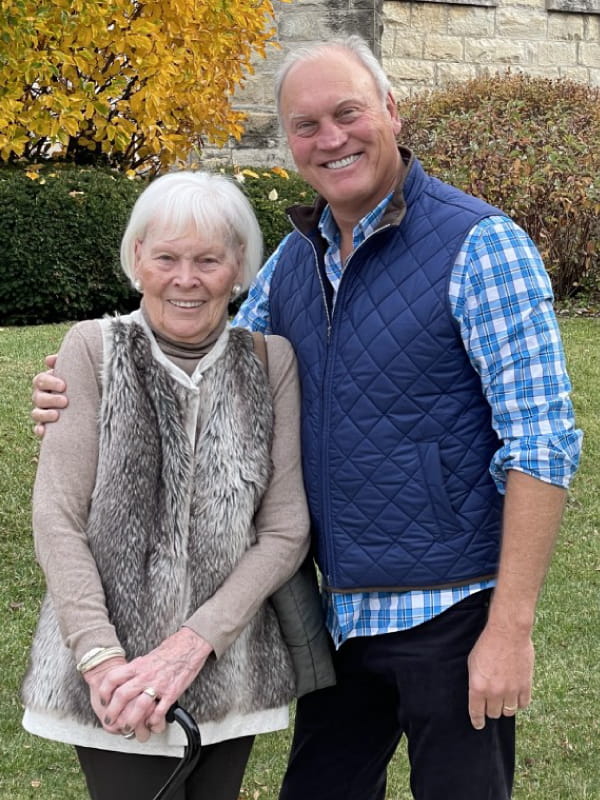When COVID forced everyone to spend more time at home, Tom Murphy decided he wouldn’t sit around idle. At 62, he upped his regular activity to work out with his son, daughter and daughter’s fiancé—college athletes who kept him in top shape.
Tom’s go-to workout was a long walk in a hilly East Cobb neighborhood. He and the kids also played a lot of pickleball.
About a year in, Tom noticed a physical change.
“I was playing fewer games of pickleball at a time and making it only halfway through my walks,” he said.
Tom turned to his cardiologist, who, with the help of specialized imaging offered at Wellstar Kennestone Regional Medical Center, created a personalized action plan.
Getting answers with the help of HeartFlow
During Tom’s annual appointment with Dr. George Kramer, he shared his concerns about his symptoms.
“I do sports with my kids, and I’m short of breath,” Tom said.
The physician requested a cardiac CT (CCTA), the new standard for detecting heart disease, according to the American Heart Association. It can be more accurate than treadmill stress tests and is less invasive than cardiac catheterization.
“Results of the initial CT showed two blockages,” Dr. Kramer said. “One blockage was 67%, one was 75%, and we decided to follow up with further analysis using the HeartFlow test.”
Because Wellstar was the first HeartFlow Platinum site in Georgia, the cardiology staff were able to create a personalized, 3D model of Tom’s coronary arteries to check on blood flow. HeartFlow is a fractional reserve assessment that looks at how each blockage impacts the heart. Previously, this in-depth view of the heart could only happen with a more invasive procedure.
According to Dr. Kramer, the test itself has been “a godsend” since it makes it possible for patients to avoid invasive tests while still getting important—and potentially lifesaving—information about their hearts.
HeartFlow revealed the blood flow to Tom’s heart was significantly compromised.

Tom and his 91-year-old mother stand together for heart health.





